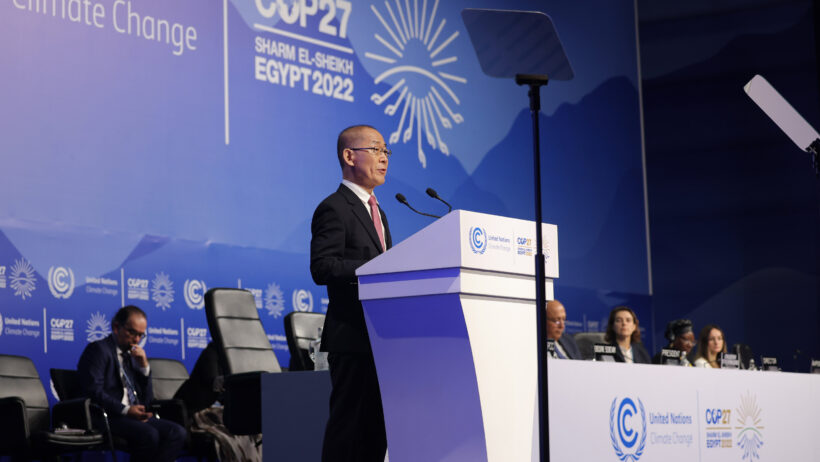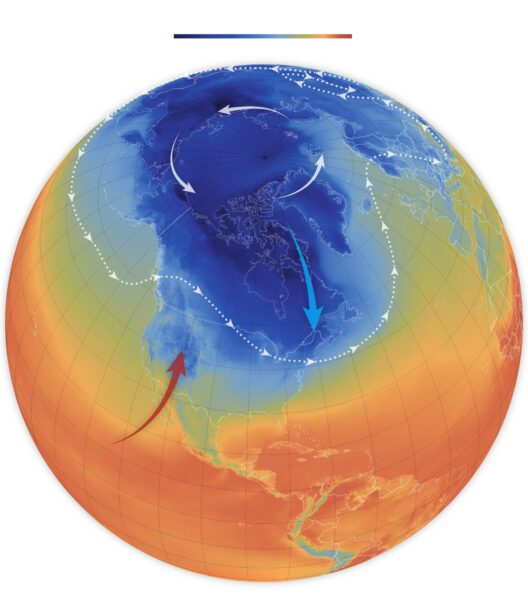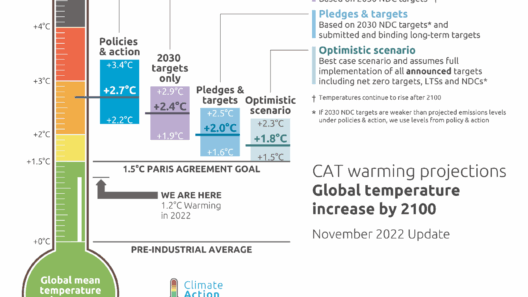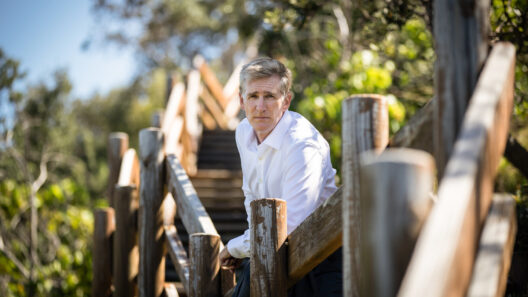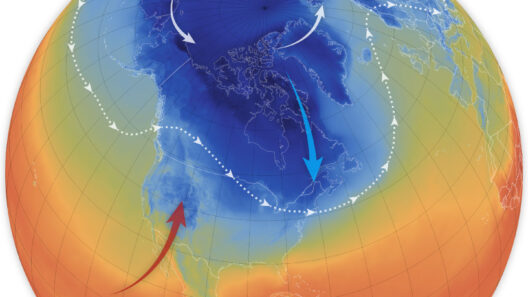Global warming is often equated with rising temperatures, but this perspective barely scratches the surface. Imagine our planet as a colossal, intricate web of interconnections, where every thread represents an action, whether it be industrial emissions, agricultural practices, or consumer habits. Each thread is vital; fraying one can affect the entire structure. Global warming is not merely a spike in thermometer readings; it is a profound metamorphosis that reverberates throughout our ecosystems, economies, and societies.
The metaphor of the web elucidates a crucial point: climate change is omnipresent, an ever-expanding shadow that affects all aspects of our existence. It is as if our everyday decisions are seeds sown into the soil of our environment, each germinating with consequences. From the food we consume to the energy we use, every choice contributes to the larger narrative of climate change. Ignoring this intricate tapestry is no longer an option; the threads are unraveling at an alarming pace.
First, consider the voracious appetite for fossil fuels that has defined modern civilization. In our pursuit of convenience and progress, we have become unwitting participants in a destructive dance, burning carbon-rich fuels that emit greenhouse gases. These gases—carbon dioxide, methane, nitrous oxide—are akin to a heavy blanket enveloping the Earth, trapping heat in a delicate balance that has now tipped towards a catastrophic scenario. The result is a barrage of extreme weather events, from rampant wildfires to harrowing floods, all intricately linked to our reliance on these fuel sources.
But the fabric of global warming is woven not just with fossil fuels. Agriculture, too, plays a pivotal role. As the global population burgeons, so does our insatiable demand for food. Traditional farming methods, often reliant on chemical fertilizers and extensive land use, contribute significantly to greenhouse gas emissions. Livestock production alone is a notable villain; cattle, through digestion, release methane, a gas with a warming potential far exceeding that of carbon dioxide. In essence, every meal we consume can influence the health of our climate. Transitioning to sustainable agricultural practices, such as regenerative farming and plant-based diets, holds great promise in mitigating this impact.
Furthermore, land use changes often exacerbate the ramifications of climate change. Deforestation, driven largely by agriculture and urban expansion, is akin to stripping the Earth of its lungs. Trees absorb carbon dioxide and release oxygen; without them, our atmosphere is choked by excess carbon. The loss of biodiversity, too, is a tragic consequence of this disruption. Each species plays a role in maintaining ecological balance, and their extinction can lead to unforeseen ramifications, like a missing piece in a complex puzzle.
Human consumption patterns amplify the crisis further. Our throwaway culture, characterized by single-use plastics and fast fashion, breeds a relentless cycle of waste. Landfills emit methane as waste decomposes, further contributing to global warming. The ocean, often viewed as a boundless entity, is not immune. Plastics pollute its waters, while rampant overfishing disturbs marine ecosystems. The ocean’s capacity to absorb carbon dioxide is diminished, leading to increased acidification that affects marine life and, ultimately, human food sources.
This web of interactions highlights the paradox of our progress. Technological advancements were supposed to liberate us, yet they often entrap us in a cycle of consumption. Electric vehicles, though heralded as a solution, require resources for their batteries and aren’t devoid of carbon footprints during production. Energy-efficient appliances reduce consumption, but their manufacture and disposal still pose environmental challenges. Each solution must be scrutinized for its full lifecycle impact if it is to contribute positively to halting global warming.
Global warming is more than a scientific term; it is a collective call to action. It necessitates a paradigm shift in how we view our relationship with nature. Our survival hinges on cooperation and innovation. To counteract the negative impacts, individuals and communities must come together, reimagining our societal norms and structures. Collective efforts must prioritize sustainability, regarding our environment not merely as a resource to exploit but as a companion to protect.
Education plays an indispensable role in this transformation. By raising awareness about the intricacies of climate change, we can empower individuals to make informed choices. Schools, communities, and media can disseminate knowledge, making environmental stewardship a fundamental aspect of our culture. This cultural shift can catalyze systemic change, compelling businesses and governments to adopt sustainable practices through policy and innovation.
The journey toward combating global warming is undoubtedly daunting. Nevertheless, every thread we weave into this global tapestry counts. Each individual has the power to influence the network of this multifaceted problem. From reducing energy consumption at home to advocating for climate legislation—every action resonates, creating a ripple effect throughout society.
As we approach the critical threshold of climate change, the urgency cannot be overstated. Inaction is a luxury we can no longer afford. We stand at a crossroads, where potential futures diverge dramatically based on the choices we make today. It is imperative to recognize that global warming is not just a distant threat, but a profound reality shaped by everything we do. By acknowledging our interconnectedness and committing to collective action, we can mend the fraying threads of our world, forging a brighter and more sustainable future for generations yet unborn.



